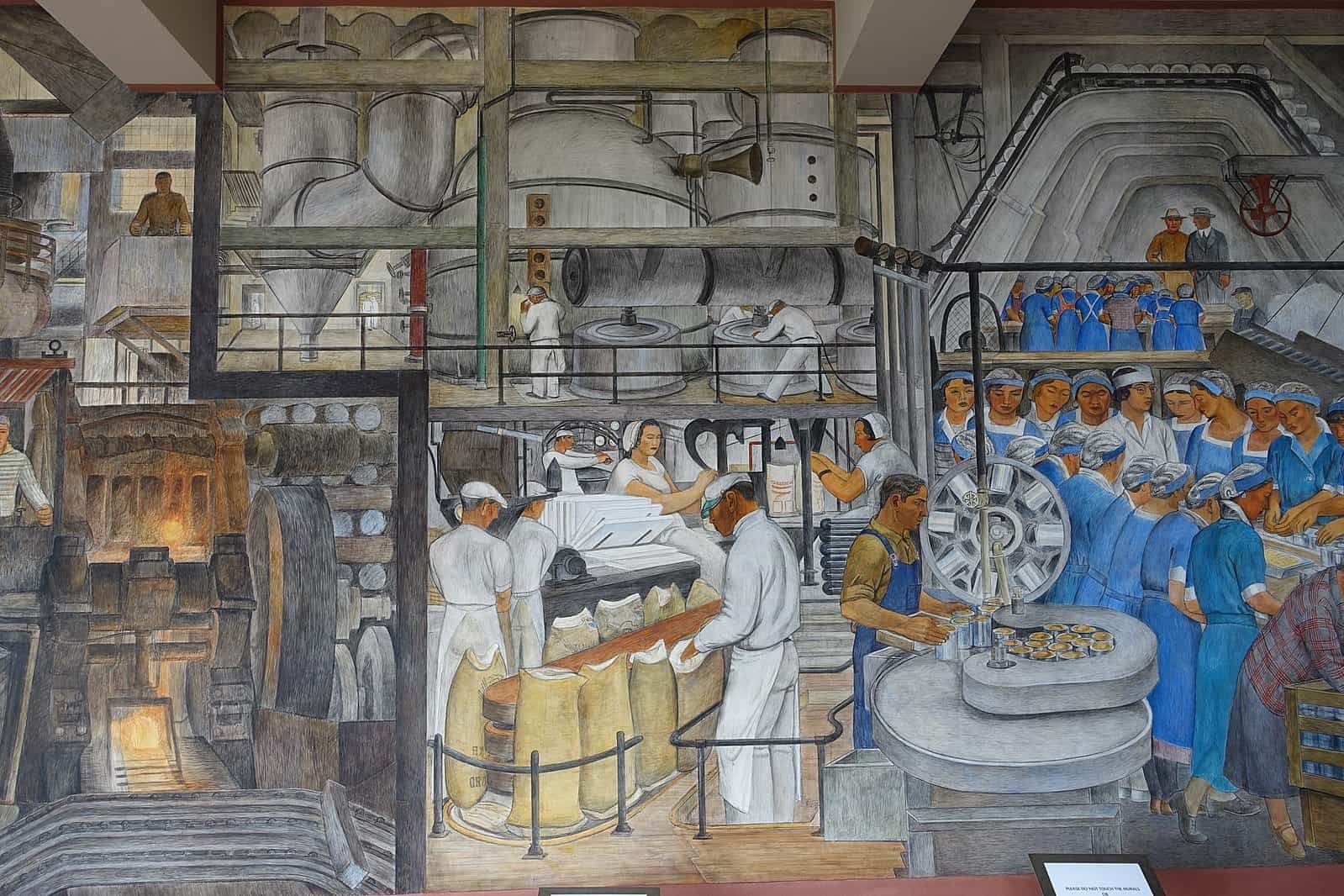Deanna Krokos is a student at Harvard Law School
This week, the The New York Times provided further reporting on conditions in meat packing and processing plants. Focusing on a Tyson plant in Waterloo, Iowa, NYT described workers required to show up t crowded conditions with inadequate, often improvised protective equipment. More than 1,000 cases of covid-19 have been reported in this plant alone, and it was temporarily closed due to “worker absenteeism” as the virus spread. As the crisis grew weeks before industry-specific guidelines were considered, meat industry lobbyists were reported putting considerable pressure on Washington to pass measures protecting employers from liability. There are reports of workers attending work despite illness or becoming sick on the job due to unclear guidance from management on sick leave and pay policies. Several OnLabor updates have described outbreaks and responses in the meat industry both before and after plants were ordered to operate by executive order.
Tesla founder Elon Musk tweeted this week criticizing the State of California for preventing Tesla’s Fremont plant from re-opening due to concerns over worker safety. Musk threatened to relocate the plant to Texas or Nevada if state officials did not allow an “immediate” re-opening. Alameda County health officials defend their policy, citing concerns over working conditions and the risk of viral spread throughout factory workforces. NYT reports that competing car manufacturers including Chrysler and GM plan to resume production this month.
The Wall Street Journal reports more covid-related layoffs in the manufacturing and production sectors, noting that many factories that began to furlough workers temporarily are now set to close permanently. Increasing layoffs follow a familiar trend in these sectors where growing output has not translated to significant payroll or wage increases since the 2008 financial crisis.






Daily News & Commentary
Start your day with our roundup of the latest labor developments. See all
February 27
The Ninth Circuit allows Trump to dismantle certain government unions based on national security concerns; and the DOL set to focus enforcement on firms with “outsized market power.”
February 26
Workplace AI regulations proposed in Michigan; en banc D.C. Circuit hears oral argument in CFPB case; white police officers sue Philadelphia over DEI policy.
February 25
OSHA workplace inspections significantly drop in 2025; the Court denies a petition for certiorari to review a Minnesota law banning mandatory anti-union meetings at work; and the Court declines two petitions to determine whether Air Force service members should receive backpay as a result of religious challenges to the now-revoked COVID-19 vaccine mandate.
February 24
In today’s news and commentary, the NLRB uses the Obama-era Browning-Ferris standard, a fired National Park ranger sues the Department of Interior and the National Park Service, the NLRB closes out Amazon’s labor dispute on Staten Island, and OIRA signals changes to the Biden-era independent contractor rule. The NLRB ruled that Browning-Ferris Industries jointly employed […]
February 23
In today’s news and commentary, the Trump administration proposes a rule limiting employment authorization for asylum seekers and Matt Bruenig introduces a new LLM tool analyzing employer rules under Stericycle. Law360 reports that the Trump administration proposed a rule on Friday that would change the employment authorization process for asylum seekers. Under the proposed rule, […]
February 22
A petition for certiorari in Bivens v. Zep, New York nurses end their historic six-week-strike, and Professor Block argues for just cause protections in New York City.